I have not posted a lot about our Virtual Human Platform for Safety Assessment (VHP4Safety) project yet. Actually, more generally I do not post frequently about the funded projects. This is likely that few of them are Open Science by contract and often they have some formal process in place to approve output. That makes open notebook science-style posting about these projects hard. One is restricted to previously cleared material.
chem-bla-ics
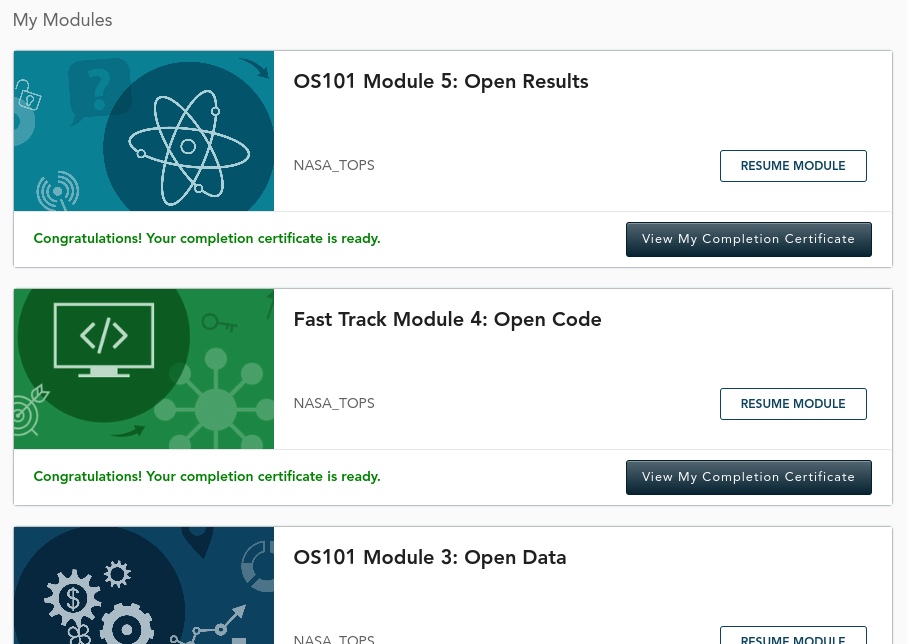
It was on my radar for some time already, but did not get around to finishing it. But I completed all five modules of the NASA Transform to Open Science (TOPS) Open Science 101 (doi:10.5281/zenodo.10161527). This Open Science 101 consists of several modules, starting with The Ethos of Open Science , via Open Tools and Resources , Open Data , and Open Code , to Open Results . Now, since I have been
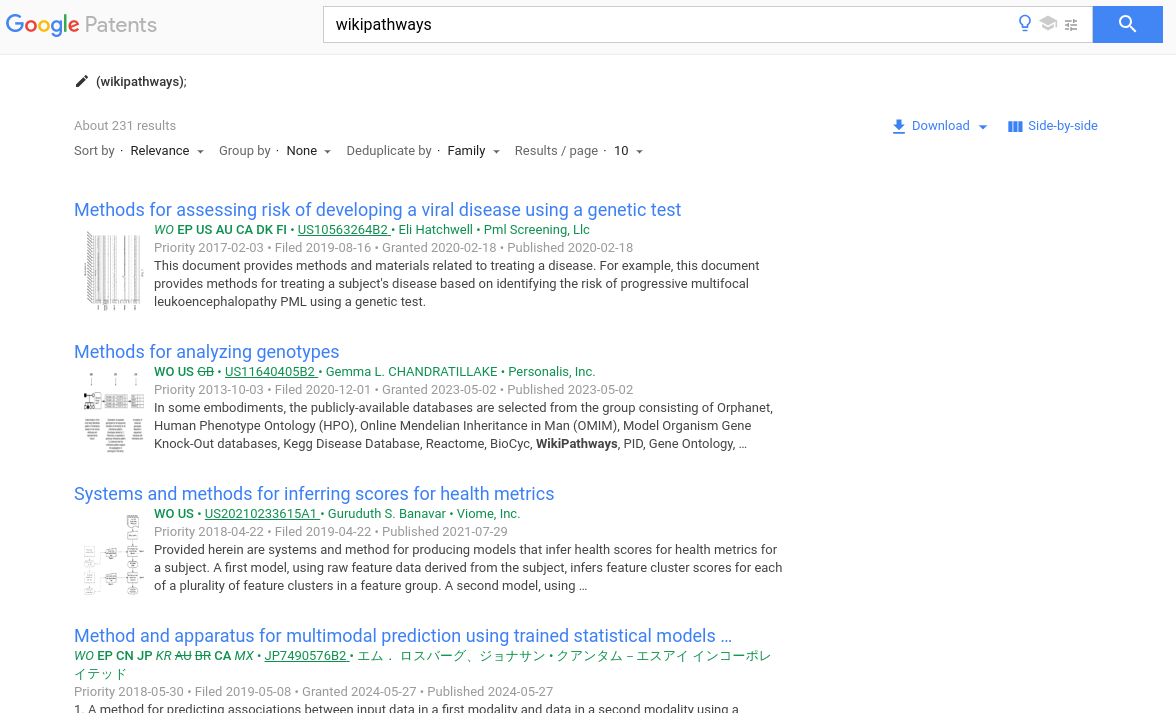
Division 1 of our Institute of Nutrition and Translational Research in Metabolism (NUTRIM) held a meeting last week which had a panel discussion on the use of patents to bring research to the market, aimed at PhD candidates of the institute. Patents are one of the routes to make research output more sustainable. For example, the research output into a new method to study something or make something often needs the development into a product.
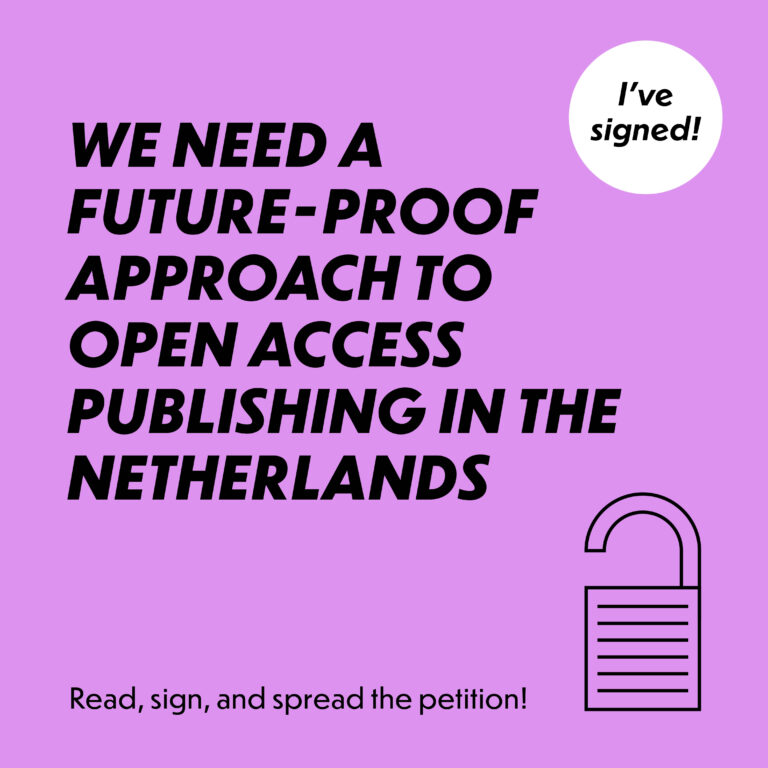
If you read my blog, it should not surprise you that I have long experimented with technologies to improve knowledge dissemination, for example in HTML. And I have blogged about publishing from an author and researcher, and editor perspective, for many years (see this longer list on my old blog). Also, in the Journal of Cheminformatics we pushed for innovation, including ORCID and GitHub adoption and Citation Typing Ontology adoption.
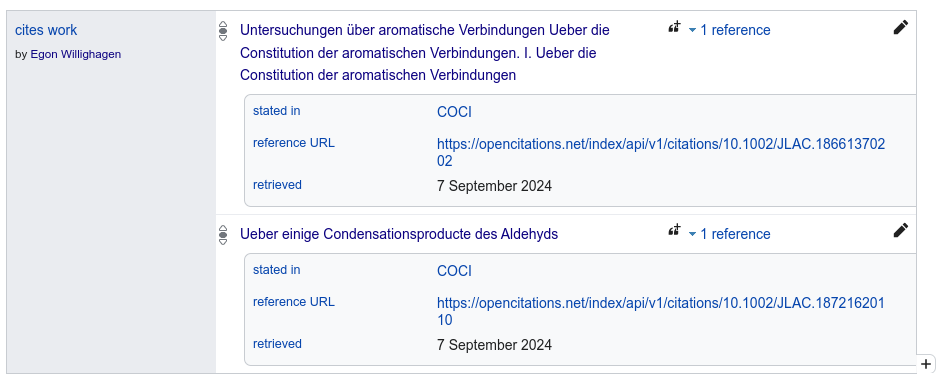
Scholarly articles provide context to the factualness of statements in Wikidata, similar to the [citation needed] in Wikipedia. And just like the cited references in each scholarly article itself. The citation network is general seen as an essential part of (doing) science, even without citation intention annotation.
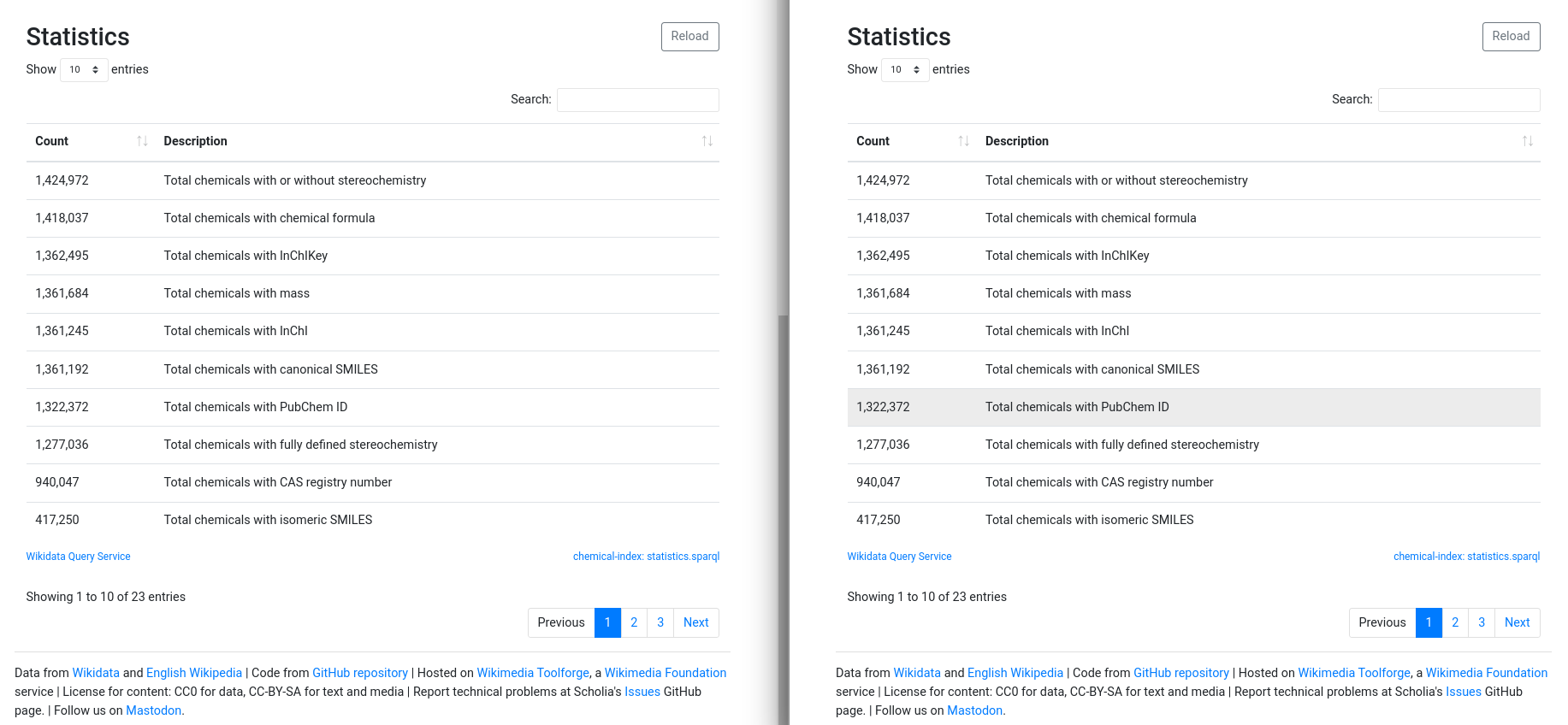
Scholia is a visual layer on top of Wikidata providing a rich user experience for browing scholarly research related knowledge. I am using the combinatie for various things, including exploring new research topics (a method, compound, or protein I do not know so much about yet), indexing notable research output (including citations), progress of Citation Typing Ontology uptake, etc.
Kasabi was an innovative RDF publishing platform from around 2011. Shortlived, and maybe just too early. I published two open datasets there. One was ChEMBL-RDF (see these posts). The second was a small data sets called ChemPedia, a open science effort to crowdsource chemical names. This is still very much needed, and possibly Wikidata could fill that gap, but it would first need to be able to handle all labels as statements itself.
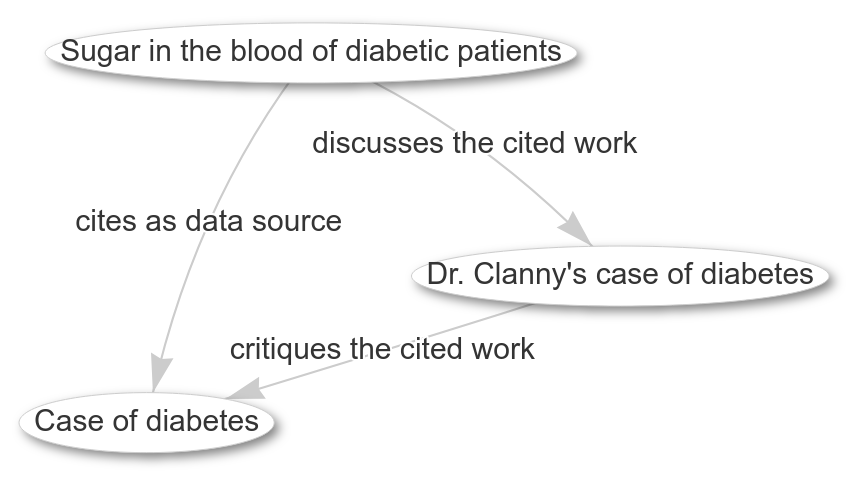
Diabetes was already discussed in literature back in 1838-1839 (doi:10.1016/S0140-6736(02)96038-1, doi:10.1016/S0140-6736(02)96066-6, and doi:10.1016/S0140-6736(02)83966-6). These three papers show a short discussion.
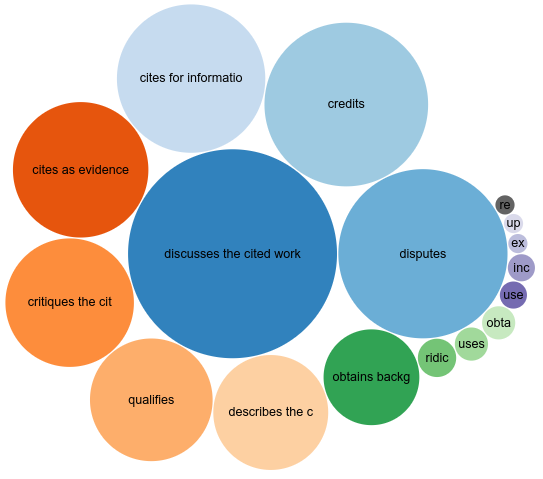
This summer I am trying to finish up some smaller projects that I did not have time for to finish, with mixed successes. I am combing this with a nice Dutch staycation, and I already cycled in Overijssel and in south-west Friesland and learning about their histories. But this post is about an update on my Citation Typing Ontology use cases. And I have to say, a mention by Silvio Peroni is pretty awesome, thanks! First, the bad news.
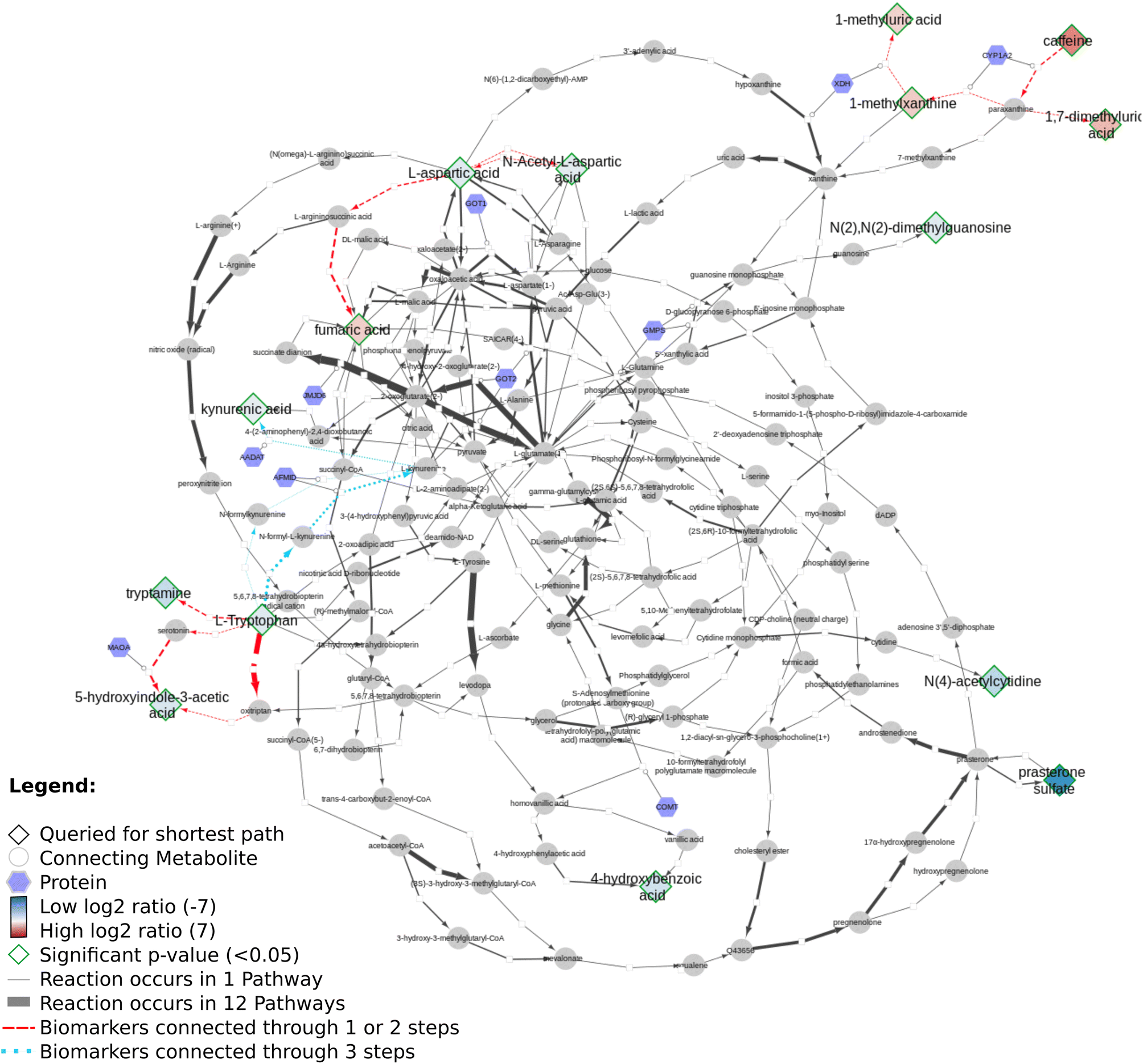
I am still catching up with a lot of work, and found out I actually had forgotten to blog about this cool article by Denise Slenter: “Discovering life’s directed metabolic (sub)paths to interpret human biochemical markers using the DSMN tool” (doi:10.1039/D3DD00069A). This paper explains how various open science resources (Wikidata, Reactome, WikiPathways) are used to visualize the biological story of the data from two metabolomics experiments